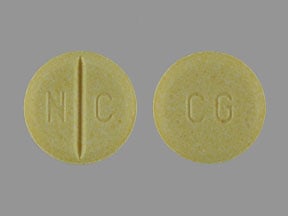
Coartem Coupons & Savings Card – Discount Prices from $120.90
My prescription
Edit
20-120MG, Coartem (24 Tablets)
Select pharmacy

CVS
$154.86
COUPON PRICE
Walmart
$120.90
COUPON PRICE
Walgreens
$131.89
COUPON PRICE
Albertsons
$140.70
COUPON PRICECoartem savings card
Show this card to your pharmacist
Walmart
$120.90
BIN
ID
PCN
GRP
019876
LH50E3169E
CHIPPO
LHX
Powered by
Related antimalarials prescriptions
More prescriptions for malaria
Related antimalarials prescriptions
More prescriptions for malaria
Price history for Coartem
24 Tablets, 20-120MG
Average retail price for Coartem
Average SaveHealth price for Coartem
Our price history data is based on aggregated prescription data collected from participating pharmacies in America. Our prescription data updates daily to reflect the latest price changes. If you notice a missing data point, it means there wasn't sufficient data available to generate a monetary value for that date.
*Retail prices are based on pharmacy claims data, and may not be accurate when we don't have enough claims.
Coartem dosage forms
Dosage Quantity Price from Per unit 20-120MG 24 Tablets $120.90 $5.04
| Dosage | Quantity | Price from | Per unit |
|---|---|---|---|
| 20-120MG | 24 Tablets | $120.90 | $5.04 |
How much does Coartem cost in the US?
The cost of Coartem in the US can vary depending on the pharmacy, location, and whether the patient has insurance coverage. Without insurance, the price for a course of Coartem can range from approximately $200 to $300. It is advisable for patients to check with local pharmacies or their insurance provider for the most accurate pricing.
What are the side effects of Coartem?
Coartem, which is used to treat malaria, may cause several side effects. Common side effects include headache, dizziness, weakness, joint or muscle pain, and loss of appetite. Some individuals may experience nausea, vomiting, abdominal pain, or diarrhea. Less common but more serious side effects can include allergic reactions, such as rash or difficulty breathing, and heart-related issues like palpitations or changes in heart rhythm. It is important for individuals to consult their healthcare provider if they experience any severe or concerning symptoms.
What is the price of Coartem tablet?
The price of Coartem tablets can vary depending on the location, pharmacy, and whether the patient has insurance coverage. It is recommended to check with local pharmacies or online drug pricing resources for the most accurate and up-to-date pricing information.
